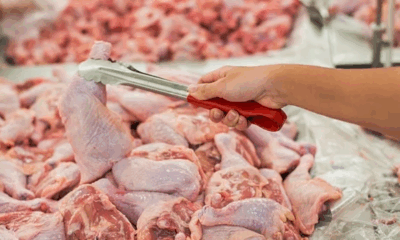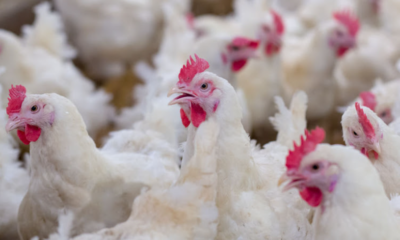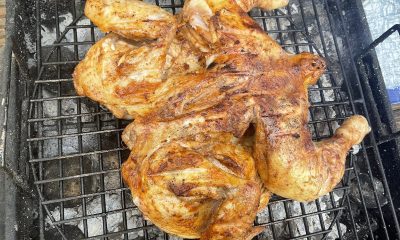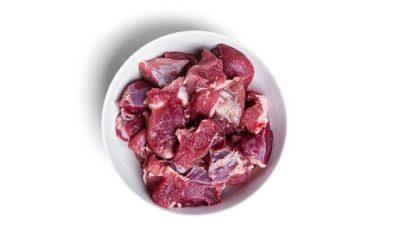Business
South Africa’s Processed Meat Supply Crisis: Brazilian Chicken Ban Threatens Millions of Meals
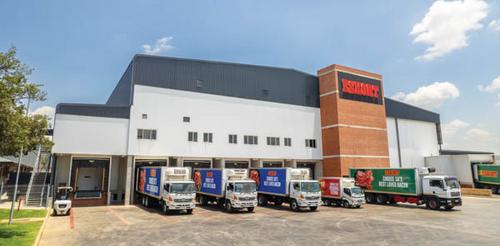
South Africa could soon be facing a serious food security emergency, as meat producers warn that a key ingredient in affordable processed meats is drying up fast. The root of the crisis? A government-imposed ban on chicken imports from Brazil—one of the country’s main suppliers of mechanically deboned meat—triggered by an avian flu outbreak in just one part of Brazil.
Arnold Prinsloo, CEO of Eskort, one of South Africa’s biggest meat producers, has raised the alarm. He says the import ban, in place since May 15, could bring production to a halt before the end of June. “We’re not just talking about numbers. This is about over 400 million low-cost meals a month that South Africa’s poorest rely on,” said Prinsloo. These meals include staples like polony, viennas, Russians, and braaiwors—products commonly used in school feeding programs and among low-income households.
A Looming Hunger and Jobs Crisis
According to Prinsloo, if the Department of Agriculture doesn’t adjust the ban, food manufacturers could be forced to shut down operations for more than two months. That’s not only a disaster for hunger relief—it also puts jobs on the line. “We’re talking about standing production lines, job losses, and a ripple effect across the economy. This is not just a supply chain issue, it’s a socio-economic threat,” he said.
South Africa imports roughly 19,000 tonnes of mechanically deboned chicken each month from Brazil. This ingredient is vital because the local market doesn’t produce it in any meaningful volume. Once combined with water, fat, and other ingredients, this meat is turned into products that feed millions. A ban of even a few weeks could have a staggering impact.
A Call for a Smarter Solution
Rather than a blanket ban, Prinsloo and other industry groups are calling for a more measured approach: allow imports from parts of Brazil that are unaffected by avian flu. “Only the Rio Grande Do Sul state is impacted. The rest of Brazil poses no health risk. A zoning strategy would let us keep supply lines open while still protecting public health,” Prinsloo explained.
This is not an uncommon practice globally. Countries like Japan, the UAE, and the Philippines have implemented similar zoning methods, ensuring that trade continues from disease-free regions without compromising safety.
Eskort also emphasized that its production process includes cooking the meat to over 70°C, which kills any viruses and ensures product safety. “In our 108-year history, we’ve never had a food safety issue, and our heating standards are a big reason for that,” Prinsloo added.
What’s Next?
Brazil has already submitted the necessary paperwork to have its unaffected regions recognized as disease-free zones. However, progress on this front is slow. Industry bodies including the Association of Meat Importers and Exporters and the South African Meat Processors Association have echoed the call for swift action.
If the government doesn’t respond soon, millions of vulnerable South Africans could lose access to affordable protein sources. “This crisis is entirely avoidable if we act now. A regional import strategy would protect both public health and food security,” said Prinsloo.
This isn’t just about chicken. It’s about keeping food on the table for the country’s most vulnerable, preserving jobs, and maintaining stability. South Africa has an opportunity to make a balanced decision—one that considers both safety and survival.
{Source: BusinessTech}
Follow Joburg ETC on Facebook, Twitter , TikTok and Instagram
For more News in Johannesburg, visit joburgetc.com

